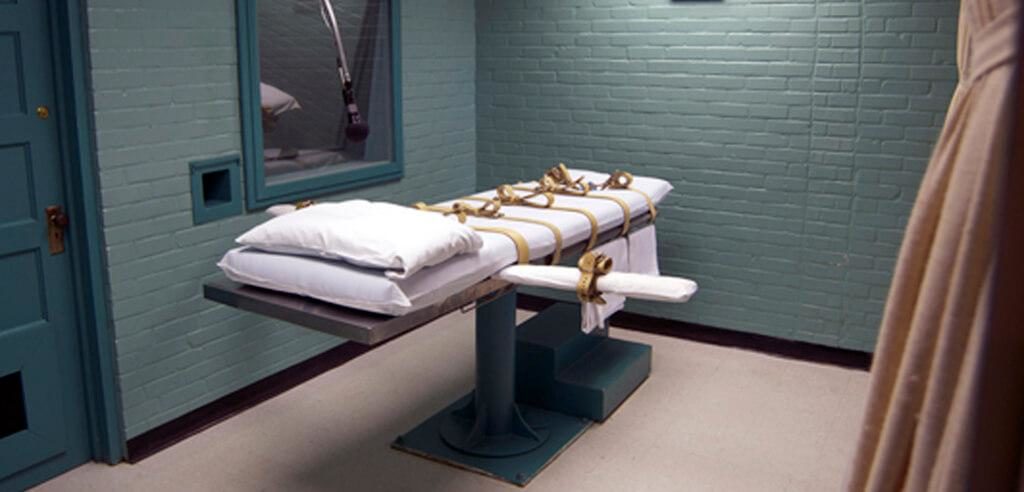Alabama sets execution date for Kenneth Eugene Smith

Alabama has set a November execution date for a man convicted in the 1988 murder-for-hire killing of a pastor’s wife. The scheduled execution follows criticism over the state’s last two lethal injection attempts, including one that was called off after the execution team had trouble finding a vein. Kenneth Eugene Smith, 57, is set to die at Holman Correctional Facility on November 17, according to a Friday order from the Alabama Supreme Court. Smith was sentenced to death for the killing of Elizabeth Dorlene Sennett, a 45-year-old grandmother and pastor’s wife. Prosecutors said Smith was one of two men who were each paid $1,000 to kill Sennett on behalf of her husband, the Rev. Charles Sennett, who was deeply in debt and wanted to collect on insurance. Elizabeth Sennett was found dead on March 18, 1988, in the couple’s home in Colbert County. The coroner testified that she had been stabbed eight times in the chest and once on each side of the neck. The pastor killed himself a week later. Smith maintained it was the other man who stabbed Elizabeth Sennett, according to court documents. Smith was initially convicted in 1989, and a jury voted 10-2 to recommend a death sentence, which a judge imposed. His conviction was overturned on appeal in 1992. He was retried and convicted again in 1996. This time, the jury recommended a life sentence by a vote of 11-1, but a judge overrode the jury’s recommendation and sentenced Smith to death. Alabama no longer allows a judge to override a jury’s recommendation. In 2017, Alabama became the last state to abolish the practice of letting judges override a jury’s sentencing recommendation in death penalty cases, but the change was not retroactive and therefore did not affect death row prisoners like Smith. John Forrest Parker, the other man that prosecutors said was paid to kill Elizabeth Sennett, was executed in 2010. When asked if he had any final words, Parker turned his head to face Mike and Charles Sennett, the victim’s sons, and said, “I’m sorry. I don’t ever expect you to forgive me. I really am sorry.” Alabama last month called off the execution of Alan Miller because of difficulty accessing the inmate’s veins. Alabama Corrections Commissioner John Hamm told reporters that “accessing the veins was taking a little bit longer than we anticipated,” and the state did not have sufficient time to get the execution underway by a midnight deadline. That was at least the third time Alabama has acknowledged problems with venous access during a lethal injection. The state’s July execution of Joe Nathan James took more than three hours to get underway. And, in 2018, Alabama called off the execution of Doyle Hamm after being unable to establish an intravenous line. Republished with the permission of The Associated Press.


